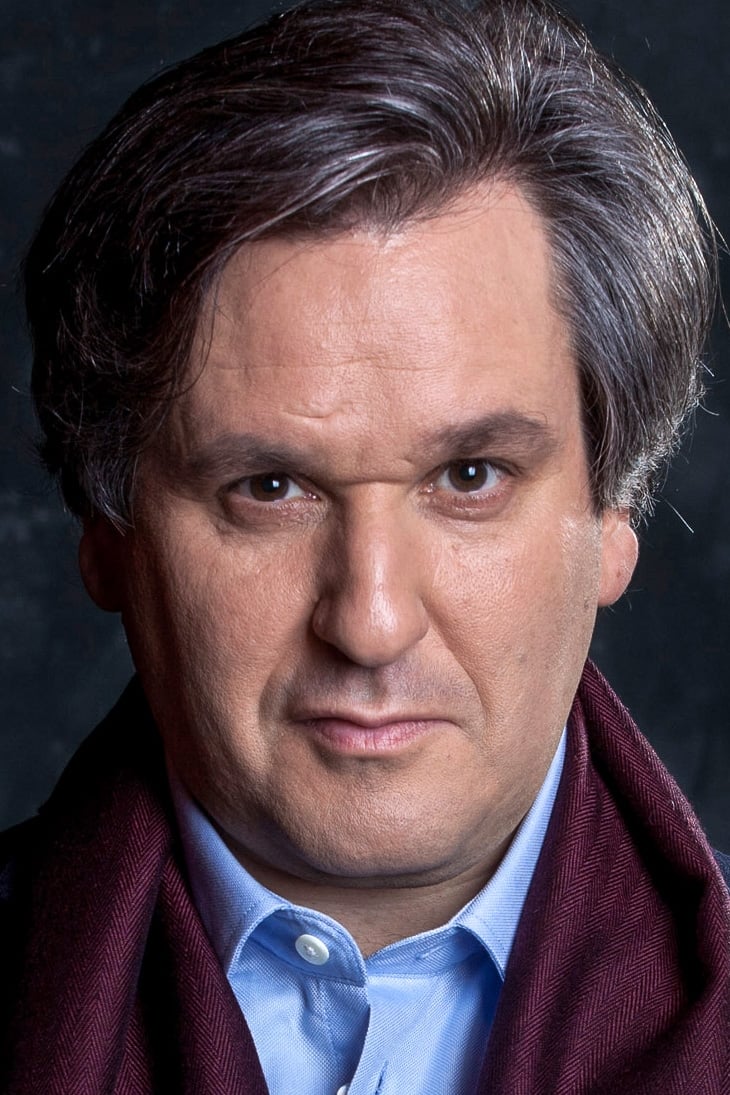
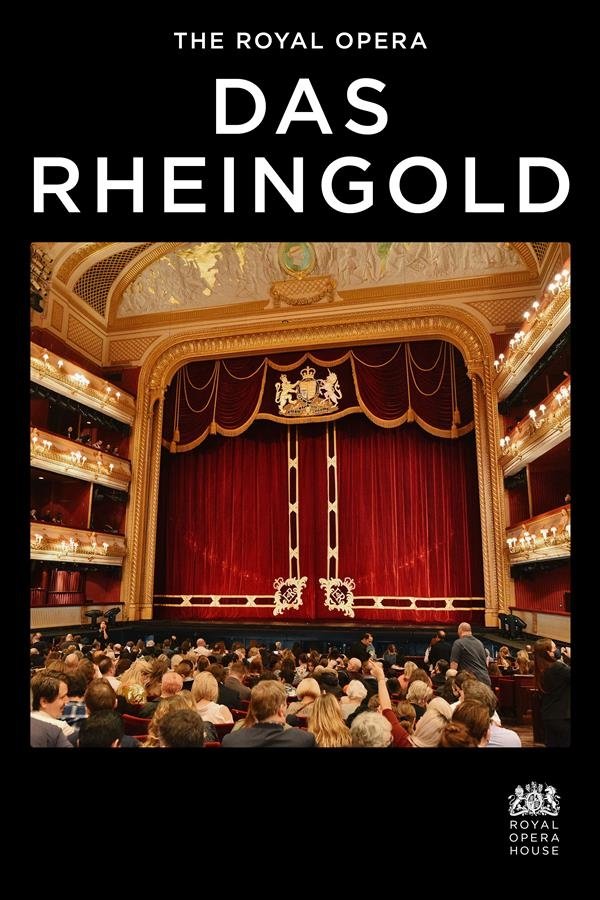
When a precious hoard of gold is stolen from the river Rhine, it unleashes a chain of destructive events, pitting gods and mortals against one another for generations. Wagner’s Ring cycle boasts some of the greatest music ever written for the opera stage. Join us as we embark on a spectacular journey into the world of myth, dream and memory, with the figure of Erda – Mother Earth herself – at its centre.
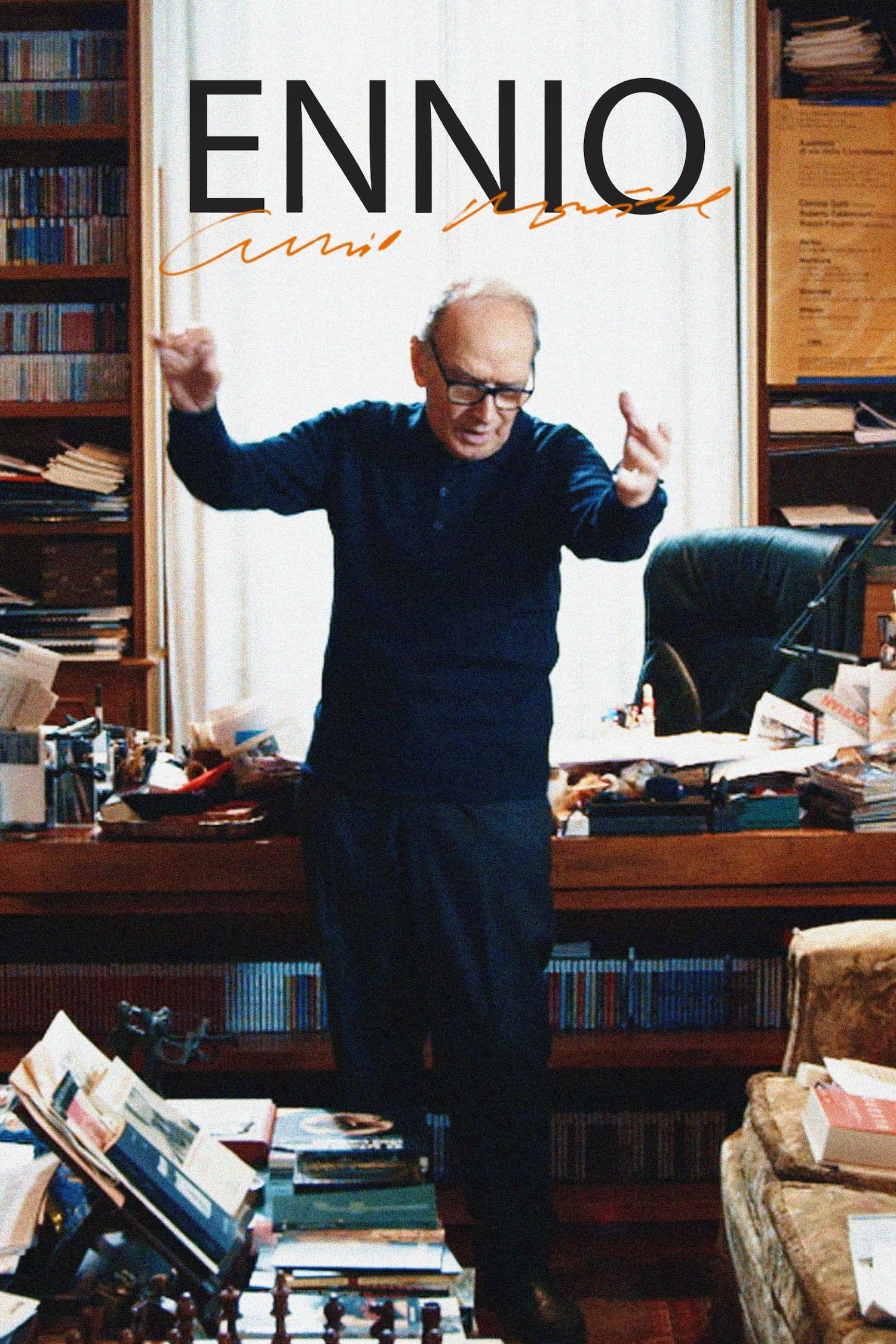
A portrait of Ennio Morricone, the most popular and prolific film composer of the 20th century, the one most loved by the international public, a two-time Oscar winner and the author of over five hundred unforgettable scores.
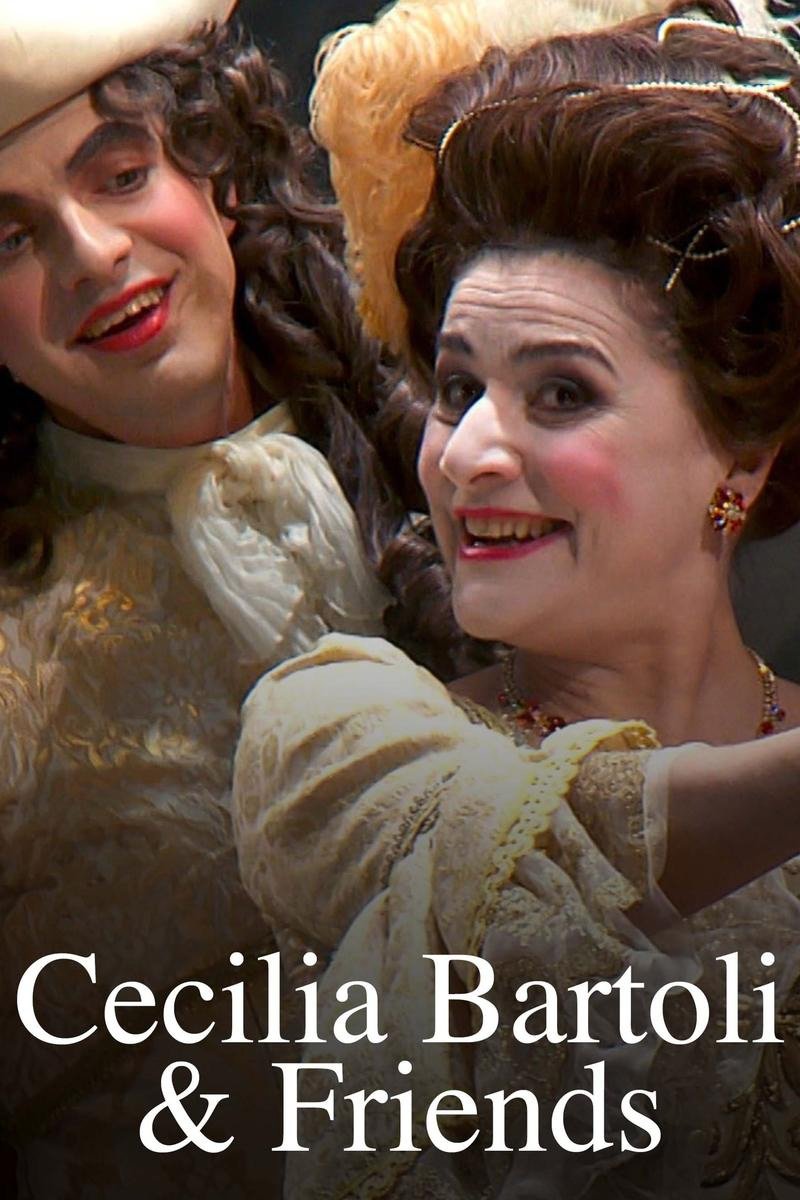
Portrait of an exceptional musical talent and one of opera’s biggest stars, mezzo-soprano Cecilia Bartoli. With interviews from her illustrious friends and colleagues from the world of classical music: Daniel Barenboim, Antonio Pappano, Gustavo Dudamel and more.
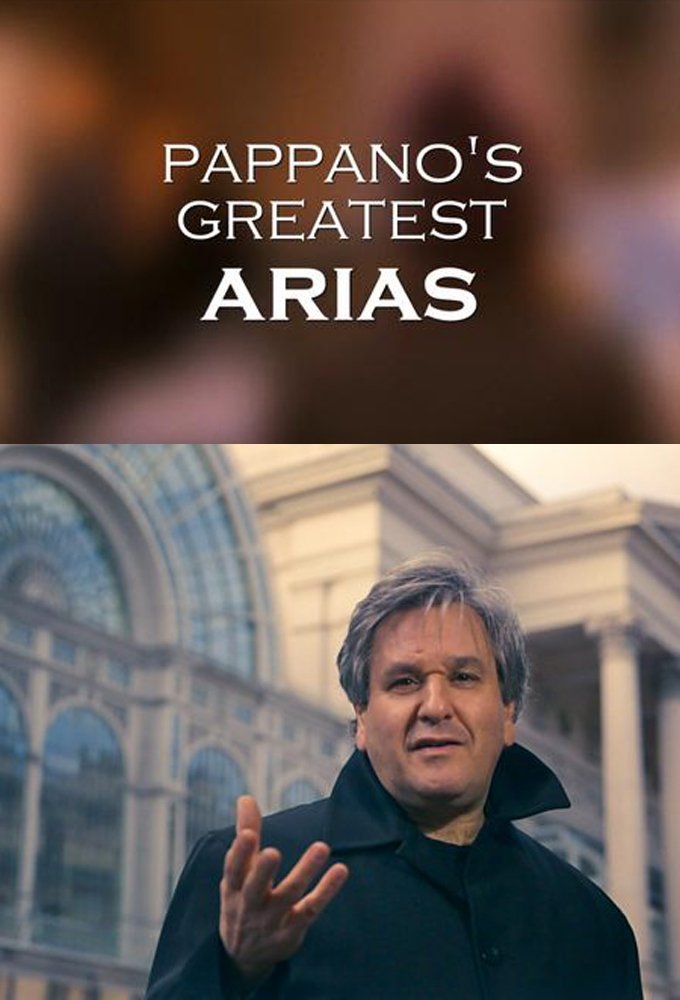
Antonio Pappano, music director of the Royal Opera House, Covent Garden, explores the greatest arias in the genre through a mix of workshops and archive footage. Nothing pulls harder at the heartstrings than an opera aria – that pivotal moment when the action stops and the character draws us right into the heart of the drama, revealing his or her innermost feelings and thoughts. These are chances for the singers to show off, to wow an audience with some of the most famous music in opera. In this film, charismatic conductor and music director of the Royal Opera House, Antonio Pappano, shares his selection of some of opera’s greatest arias. Pappano’s choices stretch across the full 400-year operatic canvas and feature some of the most ravishing and famous arias in the repertoire.

The priestess Norma loves Pollione, leader of the occupying force suppressing her people, and has borne two children by him. But Pollione’s love has withered, and he now loves Norma’s fellow priestess Adalgisa. Meanwhile, the people urgently look to Norma to lead their rebellion.
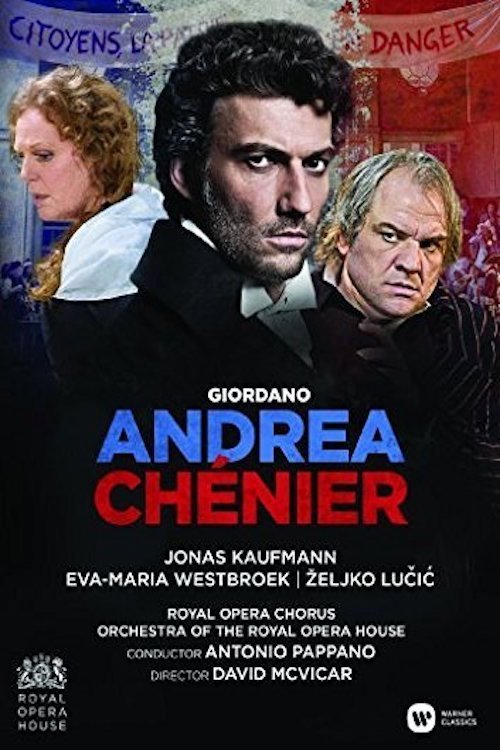
“Kaufmann is performing the title role for the first time, and it’s hard to imagine him bettered. His striking looks make him very much the Romantic and romanticised outsider of Giordano’s vision. His voice, with its dark, liquid tone, soars through the music with refined ease and intensity: all those grand declarations of passion, whether political or erotic, hit home with terrific immediacy.” – The Guardian Presented in its Covent Garden premiere in January 2015, this staging – directed by David McVicar and conducted by the Royal Opera’s Music Director, Sir Antonio Pappano – shows a bloody tricolour daubed with the words “Even Plato banned poets from his Republic” – written by Robespierre on the death warrant of the historical Chénier, a poet and journalist sent to the guillotine in 1794 for criticising France’s post-revolutionary government.
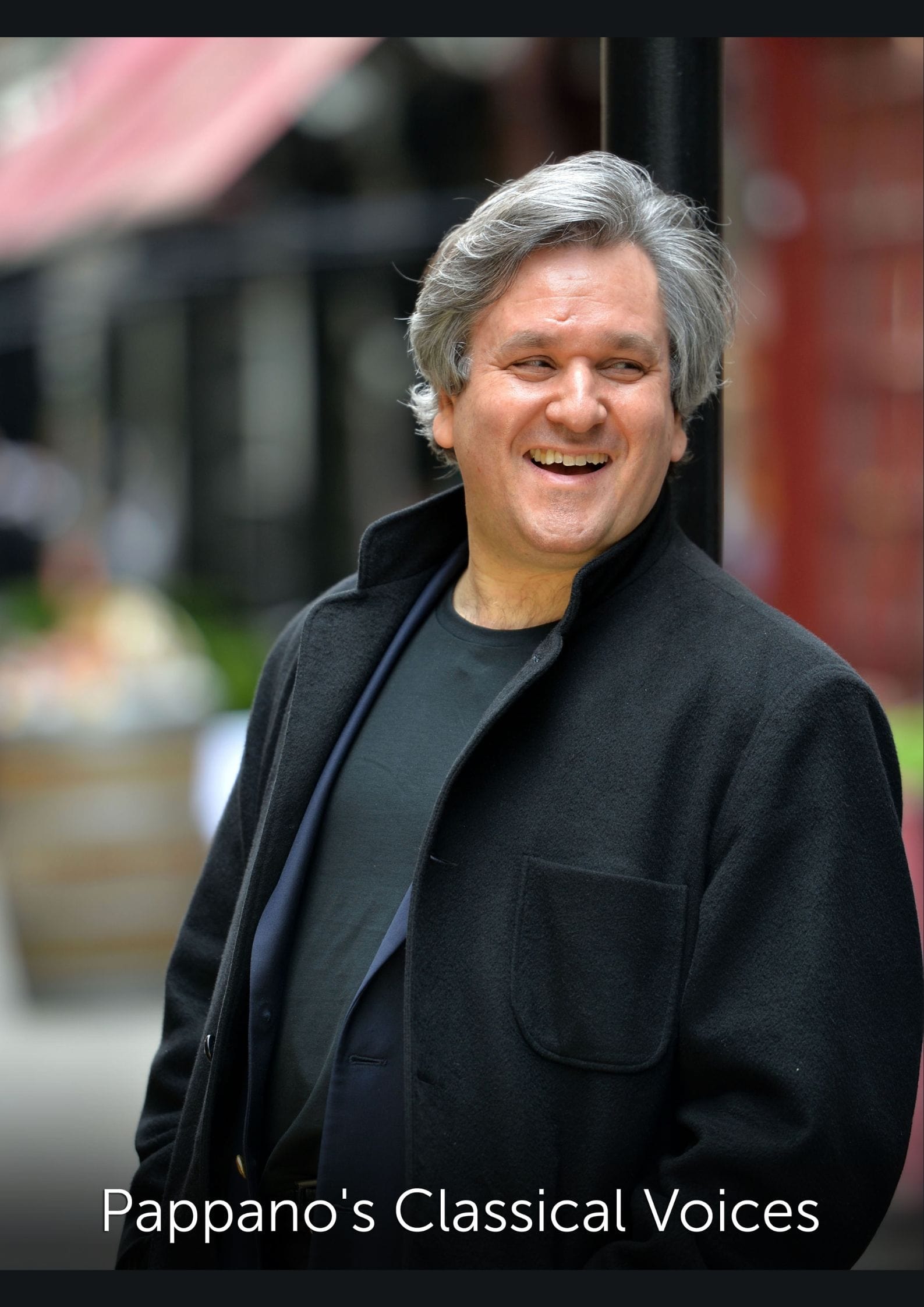
Sir Antonio Pappano explores the great roles and the greatest singers of the last 100 years through the prism of the main classical voice types - soprano, tenor, mezzo-soprano, baritone and bass.
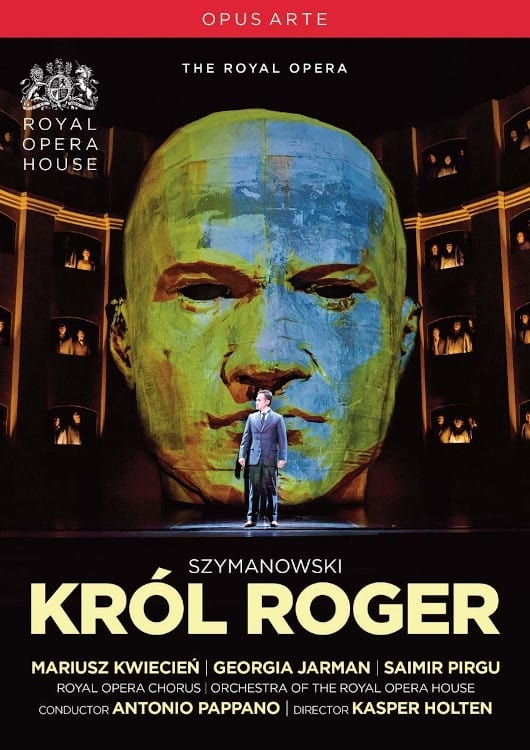
The story concerns the enlightenment of the Christian King Roger II by a young shepherd who represents pagan ideals. Kasper Holten’s production (The Royal Opera’s first) of Król Roger (King Roger) brought the opera back to the London stage after an absence of almost 40 years. Karol Szymanowski’s masterpiece powerfully presents the dilemmas of culture versus nature and man versus beast, and movingly depicts King Roger’s inner struggles as he moves from an impossible life of repressed desires to the other extreme, giving in to his own demons. Meanwhile, Roger’s people, seduced by the promises of the mysterious Shepherd, are drawn towards totalitarianism and repression. Antonio Pappano conducts Szymanowksi’s opulent and beautiful score, with a cast including Mariusz Kwiecień as Roger (one of the greatest interpreters of the role today), Saimir Pirgu as the Shepherd, and Georgia Jarman in her Royal Opera debut as Roger’s loving queen Roxana.
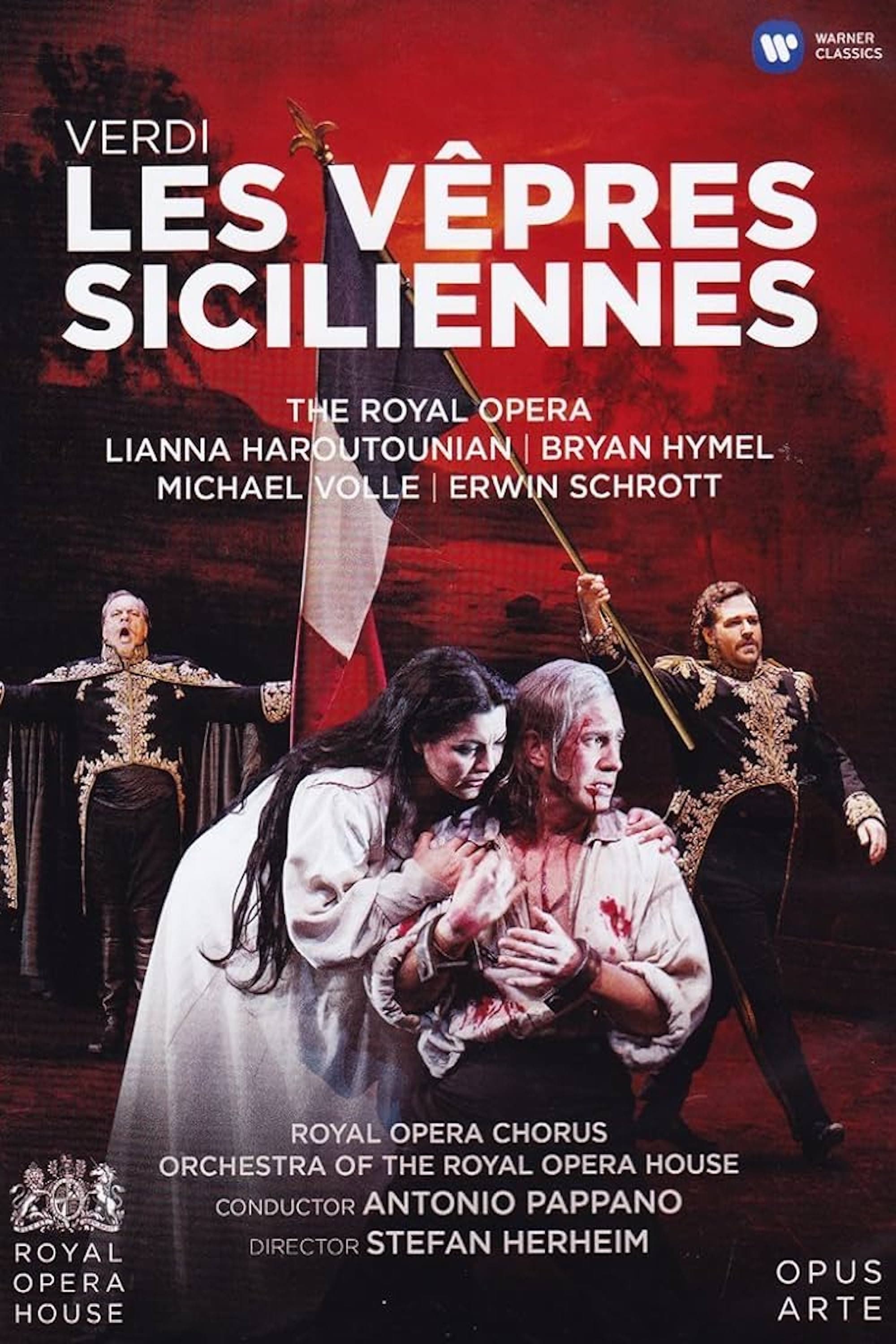
The French have occupied Sicily, and Hélène is held hostage by Montfort, the French governor, who has had her brother executed. She turns to the partisan Jean Procida and the rebellious patriot Henri in her bid for vengeance. Les Vêpres siciliennes is one of Verdi’s lesser-known mature operas, but was vital to his development as a composer. It was created for the Paris Opéra in 1855, providing Verdi with an opportunity to embrace the elaborate style and traditions of French grand opera. First seen at the Royal Opera House in 2013, this staging of Verdi's rarely-performed opera Les Vêpres siciliennes – directed by Stefan Herheim and conducted by The Royal Opera’s Music Director, Verdi specialist Sir Antonio Pappano – went on to win the prestigious Olivier Award for Best New Opera Production.
Sir Antonio Pappano (born 30 December 1959) is an English-Italian conductor and pianist. In 1992, Pappano became music director of La Monnaie, the Belgian Royal Opera House, a post he held until 2002. In that year, he was named the music director of the Royal Opera House (ROH), Covent Garden. At Covent Garden, Pappano and Kasper Holten, the ROH Director of Opera, shared responsibility for production. His current ROH contract runs through to 2017, and was extended until 2023. Pappano was the youngest conductor to lead the orchestra of the ROH, accompanying both the Royal Opera and Royal Ballet. In 2015 he received a Gold Medal from the Royal Philharmonic Society
By browsing this website, you accept our cookies policy.